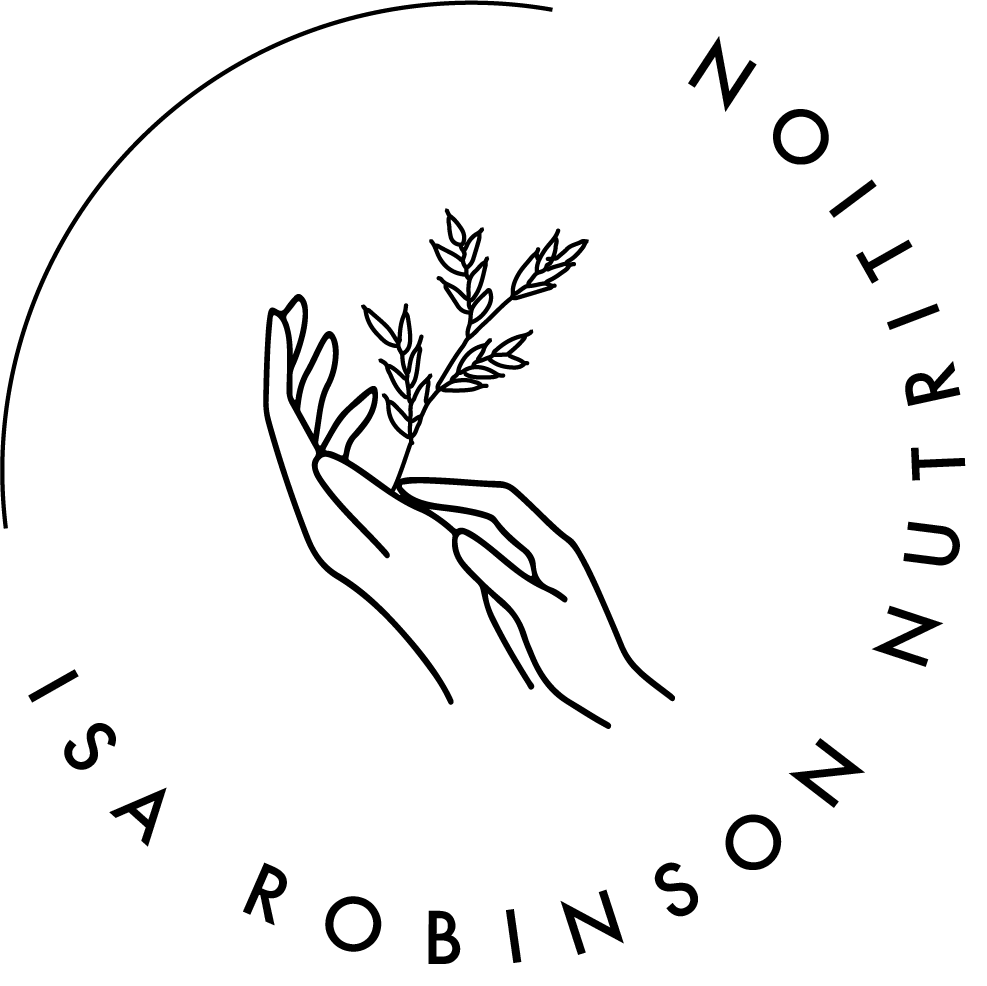Intuitive Eating - Myths Debunked
Nothing gets me more frustrated than when people say they don't believe in Intuitive Eating, but haven't read the research. I feel as though people brush off intuitive eating, or suddenly claim to be an Intuitive eater without having read more than one online article.
If you haven't read my ‘Intro to Intuitive Eating’ post, I recommend going back and having a look. But for this blog, I wanted to debunk some of the most common myths.
I can just become an Intuitive Eater from one day to the next?
One of the biggest misconceptions about Intuitive Eating is that by just simply eating Intuitively, you can take it up overnight. On the contrary, Intuitive Eating is about so much more than simply acting on intuition. It's about getting more in touch with our physical signals, working on that voice in our heads that tells us what we should and shouldn't eat, mindful eating and so much more.
Becoming an Intuitive Eater is a process that takes time and more often than not, requires additional support from a certified Intuitive Eating professional. There is more to it than just willy nilly starting to act on your intuition and this is where I think people initially get stuck.
Intuitive Eating means you can eat whatever you want, whenever you want?
People often reject the idea of Intuitive Eating because they think they will spend their lives eating cake and chocolate. And whilst Intuitive Eating has nothing against cake and chocolate, it is about tuning in to how we feel, and acting in a way that nourishes our wellbeing. I’m not sure about you guys, but if I lived off just cake and chocolate, I wouldn’t feel good. If I had been deprived of cake and chocolate, I may probably eat them in excess for a period of time whilst I overcame the deprivation mindset. But then, my body would probably begin to crave other foods like a bowl of pasta or a roast chicken, etc. So whilst all foods are on limits in Intuitive Eating, it is certainly not the eat whatever you want, whenever you want diet.
Intuitive Eating is the hunger and fullness diet?
Whilst Intuitive Eating does focus on honouring hunger and respecting fullness, there are no rules when it comes to this. In fact, there are no rules in Intuitive Eating at all. Sometimes we need to eat when we’re not hungry because it’s practical. Equally, sometimes we might eat beyond the point of physical fullness because we want to partake in something delicious or a moment that’s not really about the food e.g. enjoying a slice of a friends birthday cake even though we’re full. We are not robots, we’re humans operating in traditions, cultures, celebrations and real life. Whilst honouring our hunger and fullness is important, we don’t have to be perfect.
Intuitive Eating is great for weight loss?
Evidence shows that individuals who adopt Intuitive eating tend to have lower BMIs than their dieting counterparts. However, Intuitive Eating never promotes weight loss. It is about finding freedom from food, respecting our bodies, and honouring health and wellbeing independently of where the number on the scale falls. Intuitive eating cannot be practiced effectively under the guise of the diet mentality. It is about finding true freedom from diet culture.
Intuitive Eating and eating disorder recovery?
Is Intuitive eating suitable for ED recovery? This is such an important question. My answer is a bit of a yes and a no. When recovering from an ED, initially it's almost impossible to follow many of the principles of Intuitive Eating. Physiological changes mean that hunger and fullness signals are skewed and cannot be trusted. Moreover, the ED obscures our reality so we only see things through the lens it has created. For example, the ED may make us think we genuinely don't like certain foods e.g. play foods because it wants to maintain its restriction and control. When recovering from an ED, it is incredibly important to have professional support and to trust your health care professional.
Over time, however, with the normalisation of food intake such as a regular, balanced intake that meets energy and nutrient requirements, and weight gain if this is appropriate, then an individual and their health care professional may decide they are ready to embark on the principles of IntuitiveEating. Intuitive Eating then teaches us how to trust our body's signals, respect our bodies and eat in a way that genuinely feels good. In short, intuitive Eating can be a great tool for ED recovery, BUT a large part of that recovery piece has to come first, before you embark on an Intuitive Eating lifestyle, otherwise it may backfire.
121 sessions
I am passionate about helping clients rediscover confidence and trust in nourishing their bodies, so they can make room for what really matters. If you would like to work together on cultivating a more positive relationship with food through Intuitive Eating, I would be delighted to work with you in my clinic. Just book an appointment via the button.
Read
The Original Intuitive Eating Book by Evelyn Tribole and Elyse Resch
The Intuitive Eating Workbook by Evelyn Tribole and Elyse Resch
Just Eat it by Laura Thomas
Follow

